Problem-Solving Skills Normal Alphabet Worksheets for Ages 3-9
7 filtered results
-
From - To
Discover the perfect blend of learning and fun with our Problem-Solving Skills Normal Alphabet Worksheets for Ages 3-9! Specially designed to engage young minds, these educational resources foster critical thinking and creativity. Each worksheet combines alphabet learning with intriguing problem-solving activities, helping children develop essential skills while mastering their ABCs. Suitable for ages 3-9, these worksheets cater to various learning stages, offering a structured yet playful approach to early childhood education. With vibrant visuals and interactive tasks, we make learning enjoyable and effective. Give your child a head start on literacy and problem-solving with our expertly crafted worksheets!
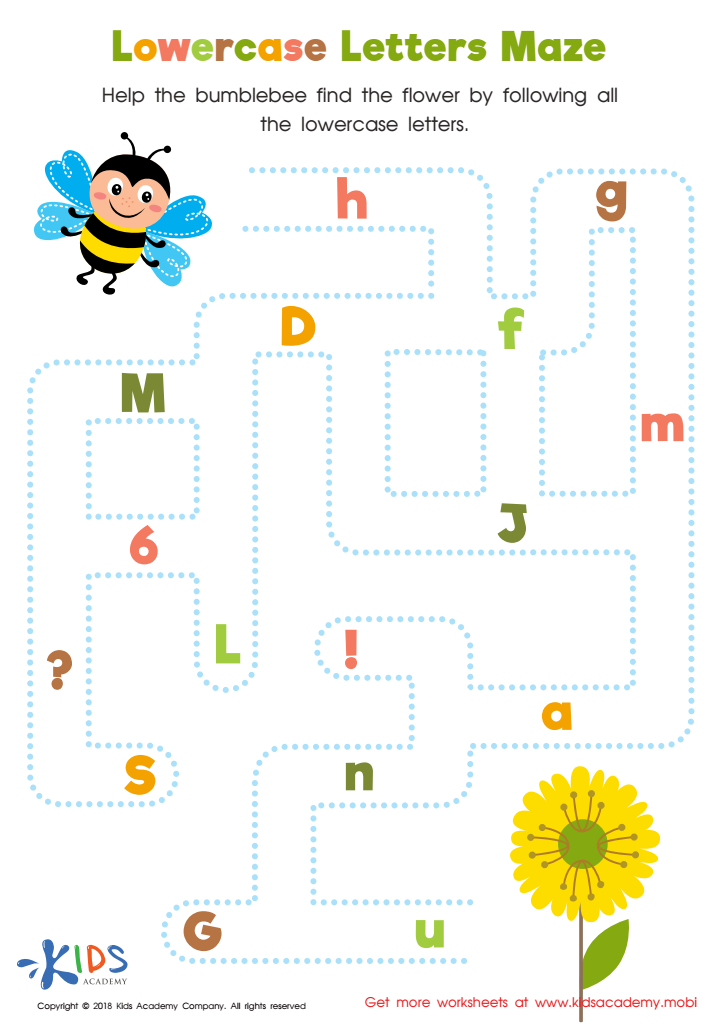

Lowercase Letters Maze Worksheet
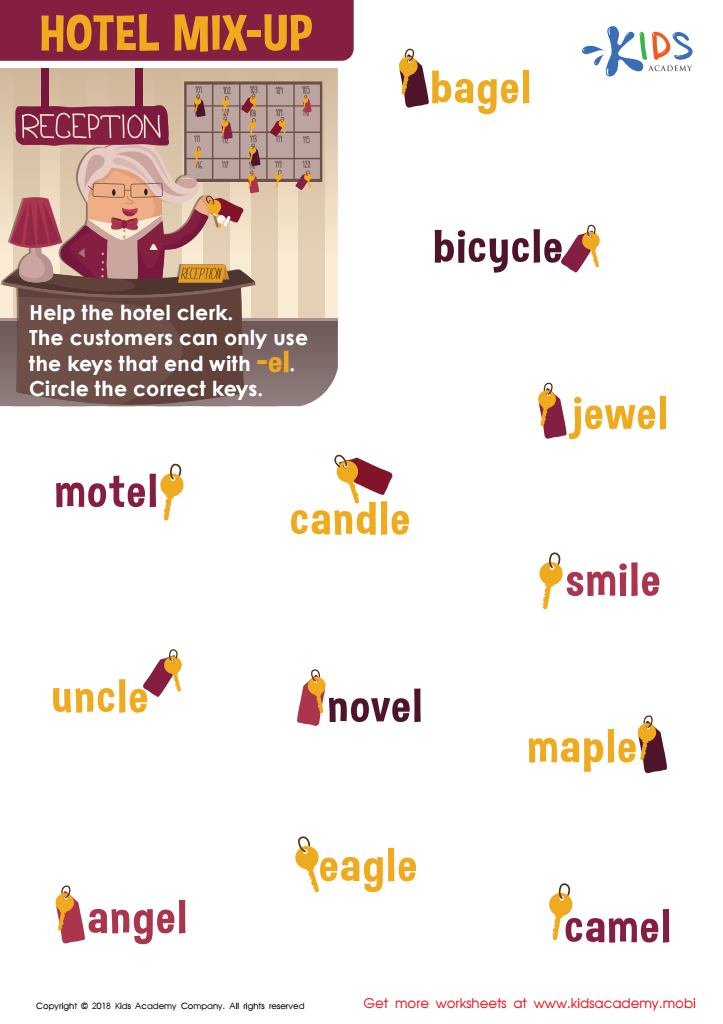

Hotel Mix-up Worksheet
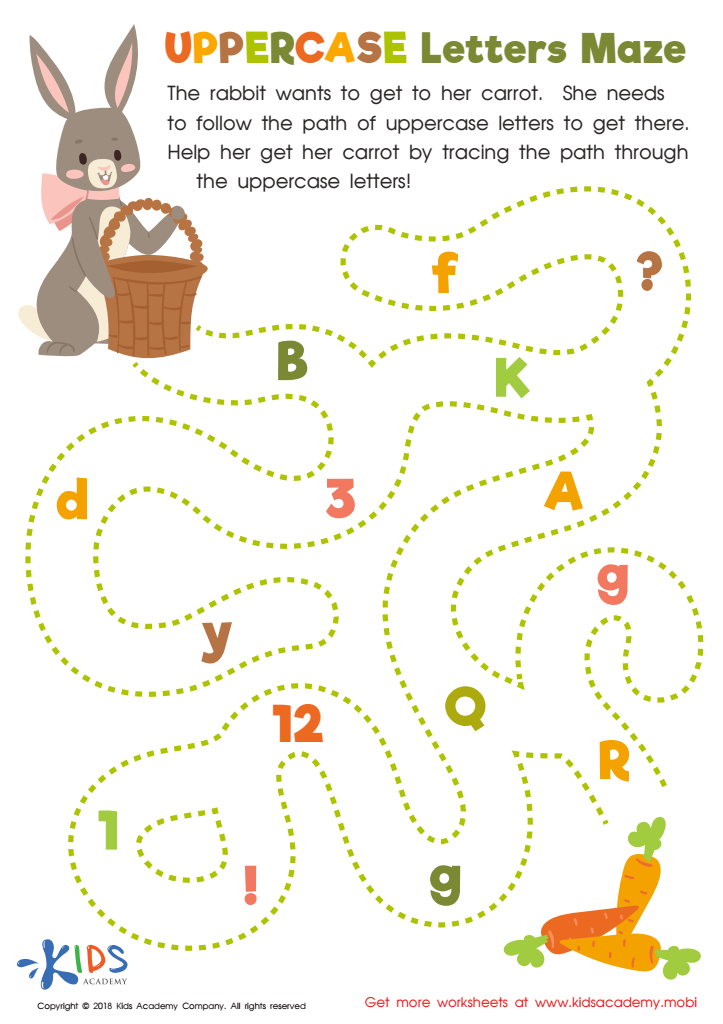

Uppercase Letters Maze Worksheet
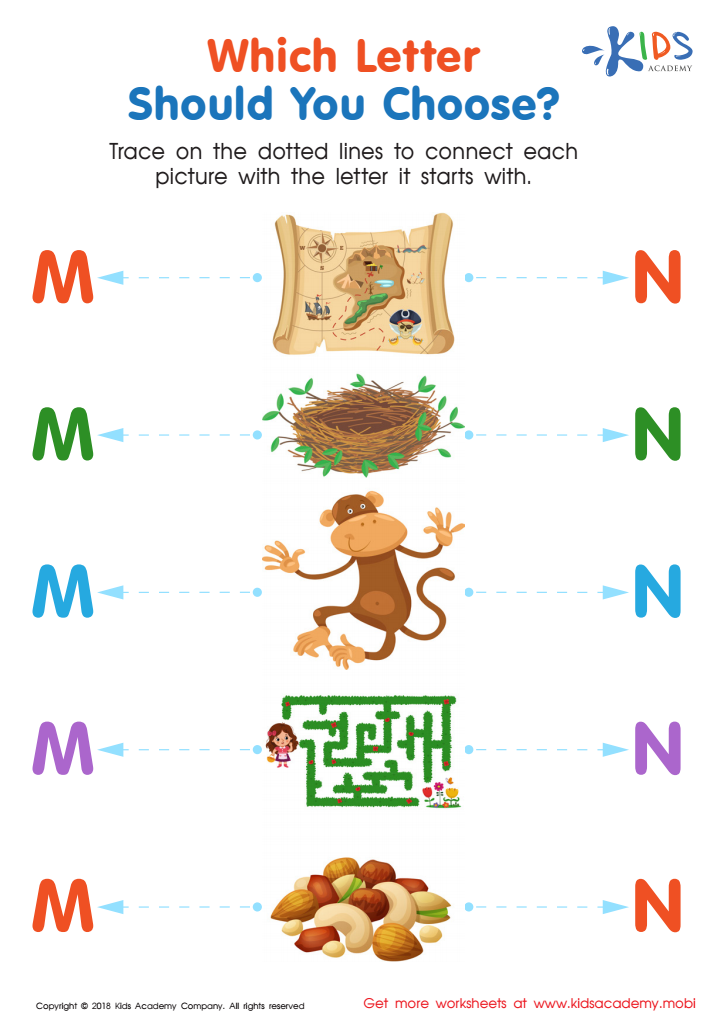

Which Letter Should you Choose? Worksheet


Long Vowel Maze /o/ and /i/ Worksheet
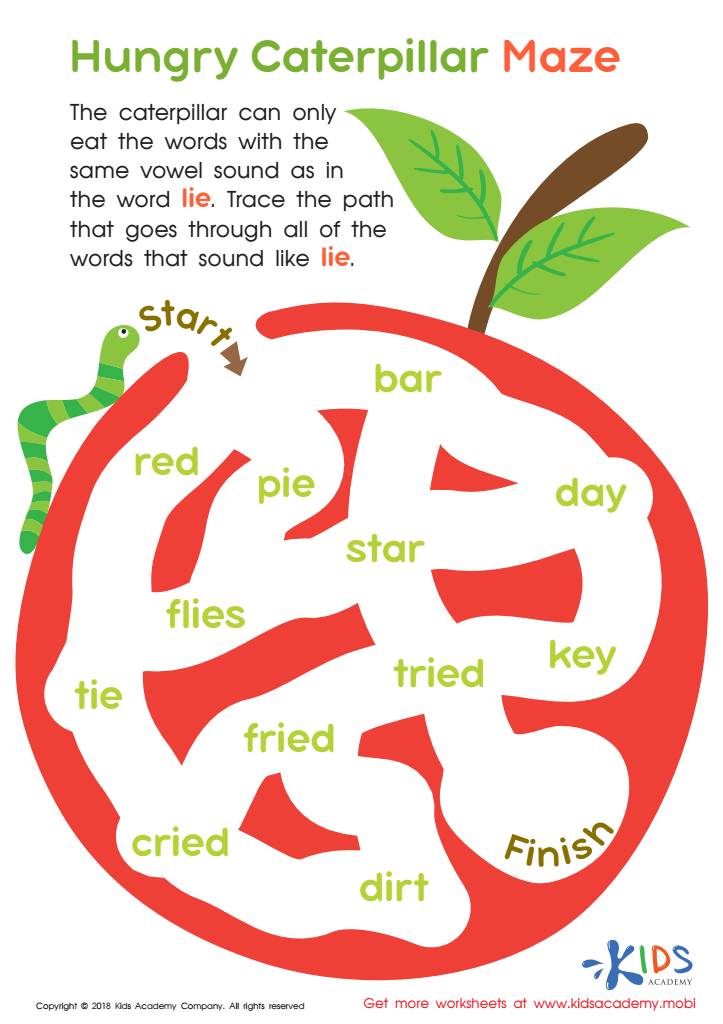

Hungry Caterpillar Maze Worksheet
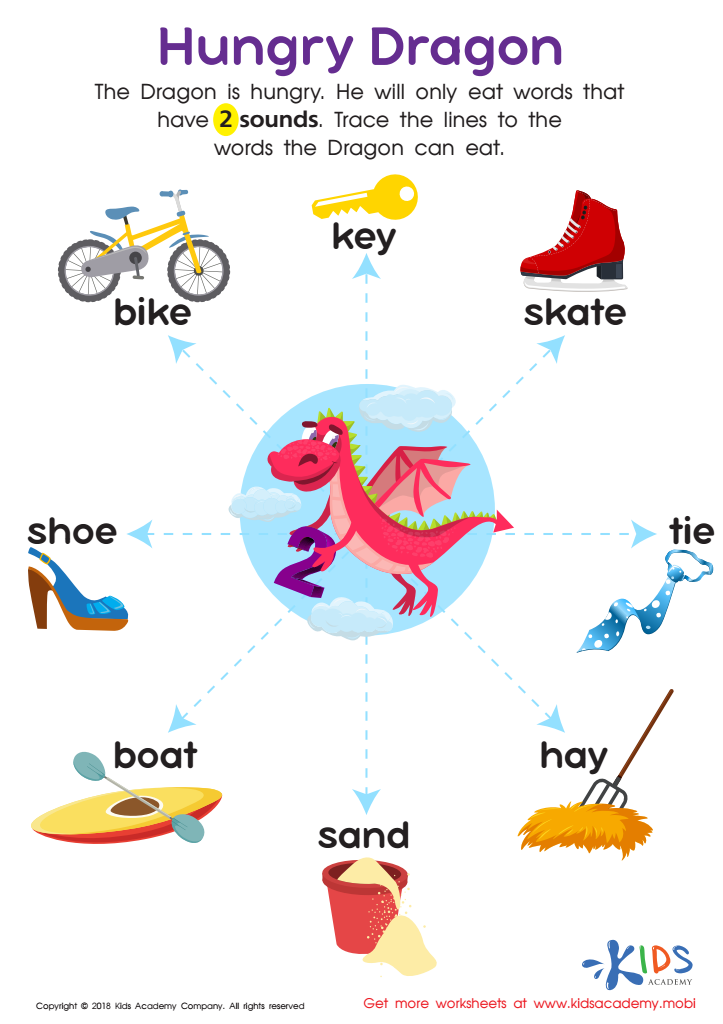

Hungry Dragon Worksheet
Parents and teachers should be highly invested in nurturing problem-solving skills in children aged 3-9 because these abilities are foundational to their cognitive and emotional development. At this impressionable age, kids are like sponges, soaking up information and learning how to navigate the world around them. Employing age-appropriate problem-solving activities helps develop critical thinking, resilience, and independence—traits essential for future academic and life successes.
When children engage in problem-solving tasks, they learn to approach challenges methodically. This lays the groundwork for effective decision-making and helps enhance their cognitive flexibility, allowing them to think “outside the box” and adapt to new situations. For instance, when a child figures out how to build a block tower or solves a simple puzzle, they are exercising their spatial awareness, logical thinking, and perseverance.
Moreover, problem-solving experiences contribute to emotional growth. Kids learn patience, the value of effort, and how to manage frustration when solutions are not readily apparent. Encouraging problem solving in a supportive environment boosts self-esteem as children experience the satisfaction of overcoming obstacles.
Effectively developing these skills can be as simple as incorporating puzzles, interactive storybooks, or cooperative games into daily routines. Investing in the development of problem-solving skills at a young age paves the way for a lifelong love of learning and a robust ability to face future challenges.
 Assign to My Students
Assign to My Students















